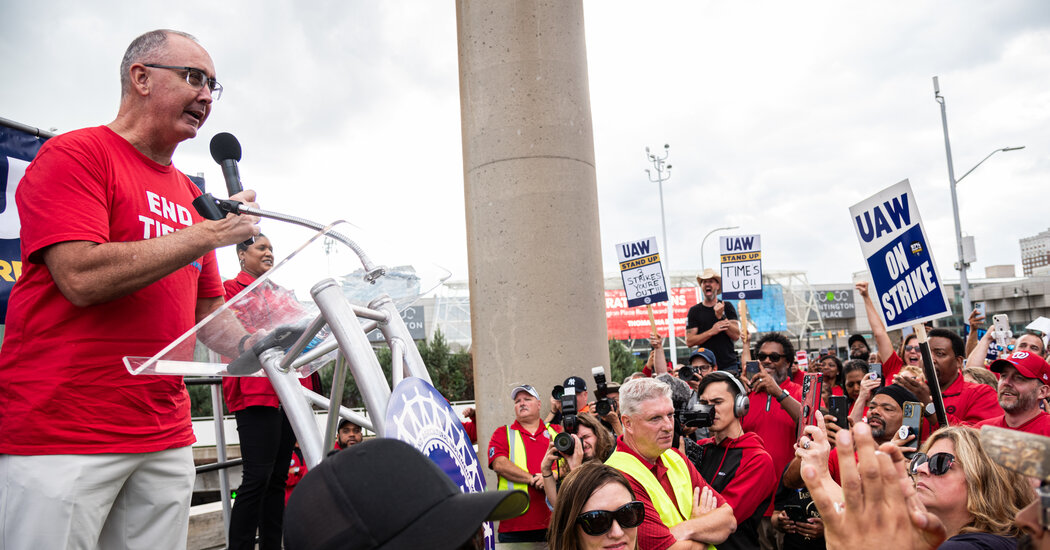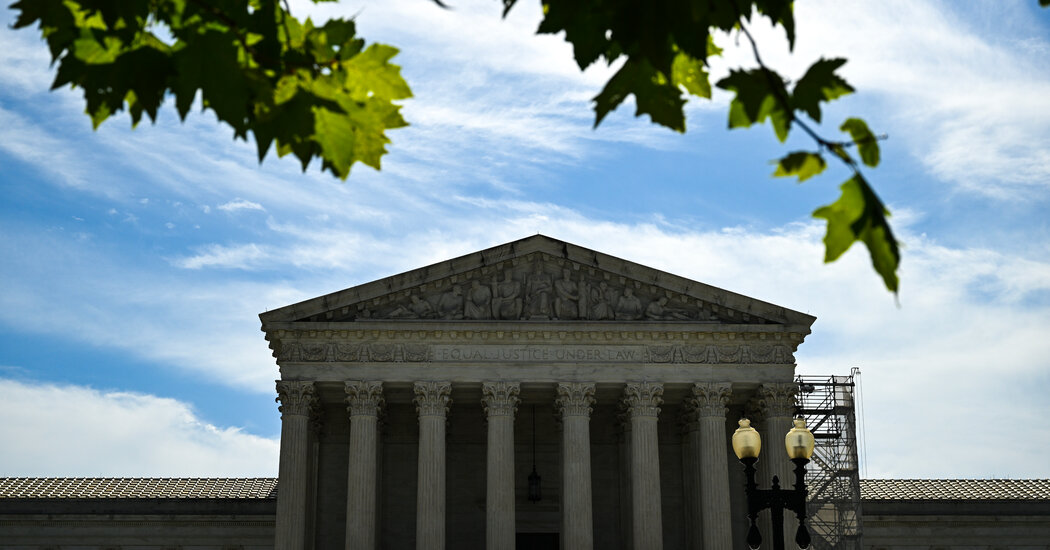It is Unlikely that the U.S. Government Shutdown Will Lead to an Immediate Recession
September 28, 2023 | by Kaju

Federal government shutdowns have become quite common in recent years, providing economists with insights into how such incidents affect the American economy. The general consensus is that the longer the shutdown lasts, the more damage it will inflict. However, a brief shutdown is unlikely to have a significant impact or push the economy into a recession. This assessment is based on previous episodes when government operations were halted due to lack of funding.
On Wall Street and within the Biden administration, economists have concluded that a prolonged shutdown could harm economic growth and potentially impact President Biden’s re-election prospects. The economy already faces other challenges in the final months of the year, including high interest rates, the resumption of federal student loan payments, and a potential lengthy United Automobile Workers strike.
A government shutdown not only affects growth but also dampens consumer confidence. In previous shutdowns, the Conference Board’s measure of consumer confidence declined by an average of seven points in the month they began. However, much of this decline was reversed in the month following reopening.
Economists, including Gregory Daco, the chief economist at EY-Parthenon, believe that a government shutdown would not drastically alter the trajectory of the economy. However, there is concern that if combined with other headwinds, it could become a significant drag on economic activity. Jared Bernstein, the chairman of the White House Council of Economic Advisers, estimates potential losses of 0.1 to 0.2 percentage points of quarterly economic growth for every week the shutdown persists.
Goldman Sachs economists project that a shutdown would reduce growth by about 0.2 percentage points per week. This is primarily because most federal workers go unpaid during shutdowns, reducing their spending power. However, the researchers expect growth to rebound in the quarter following the shutdown as federal work resumes and furloughed employees receive back pay.
Previous estimations from economists at the Federal Reserve and in previous presidential administrations align with Goldman Sachs’ projections. During a one-month shutdown in 2019, the Trump administration calculated a weekly reduction of 0.13 percentage points in economic growth.
After the 2019 shutdown ended, the Congressional Budget Office estimated a 0.1 percent reduction in real gross domestic product in the fourth quarter of 2018 and a 0.2 percent reduction in the first quarter of 2019. While most of the lost growth was expected to recover, the estimated impact on annual gross domestic product for 2019 was a decrease of 0.02 percent, equivalent to roughly $3 billion. Previous shutdowns have left few permanent scars on the economy due to the tendency of growth and confidence to rebound. However, there are concerns that this may not be the case in the current situation.
In the event of a shutdown, federal workers may not spend as much as they would have otherwise, and government contractors may not fully recover their lost business. Additionally, a long shutdown could delay the release of important government data on the economy, hindering policymakers at the Federal Reserve in their decision-making process.
While the economy currently appears healthy enough to withstand a temporary impact, economists anticipate a slowdown in the final months of the year. If a shutdown persists for several weeks, it could raise the risks of a recession. According to Diane Swonk, the chief economist at KPMG, a two-week shutdown would have a limited impact, but a full-quarter shutdown could potentially push GDP into negative territory.
Aside from economic consequences, a shutdown could further highlight political dysfunction in Washington. This may unsettle investors and result in higher borrowing costs, as reflected in increased yields on Treasury bonds. Biden administration officials initially hoped to avoid such dysfunction when they struck a deal with Republicans in June to raise the nation’s borrowing limit. However, a faction of Republicans in the House advocating for deeper spending cuts has driven Congress towards a potential shutdown.
Michael Linden, a former economic aide to President Biden, emphasized that immediate economic effects from a shutdown could compel Republican leaders in the House to pass a funding bill and reopen the government promptly. Shutdowns tend to be short-lived due to the disruptions they cause.
RELATED POSTS
View all


